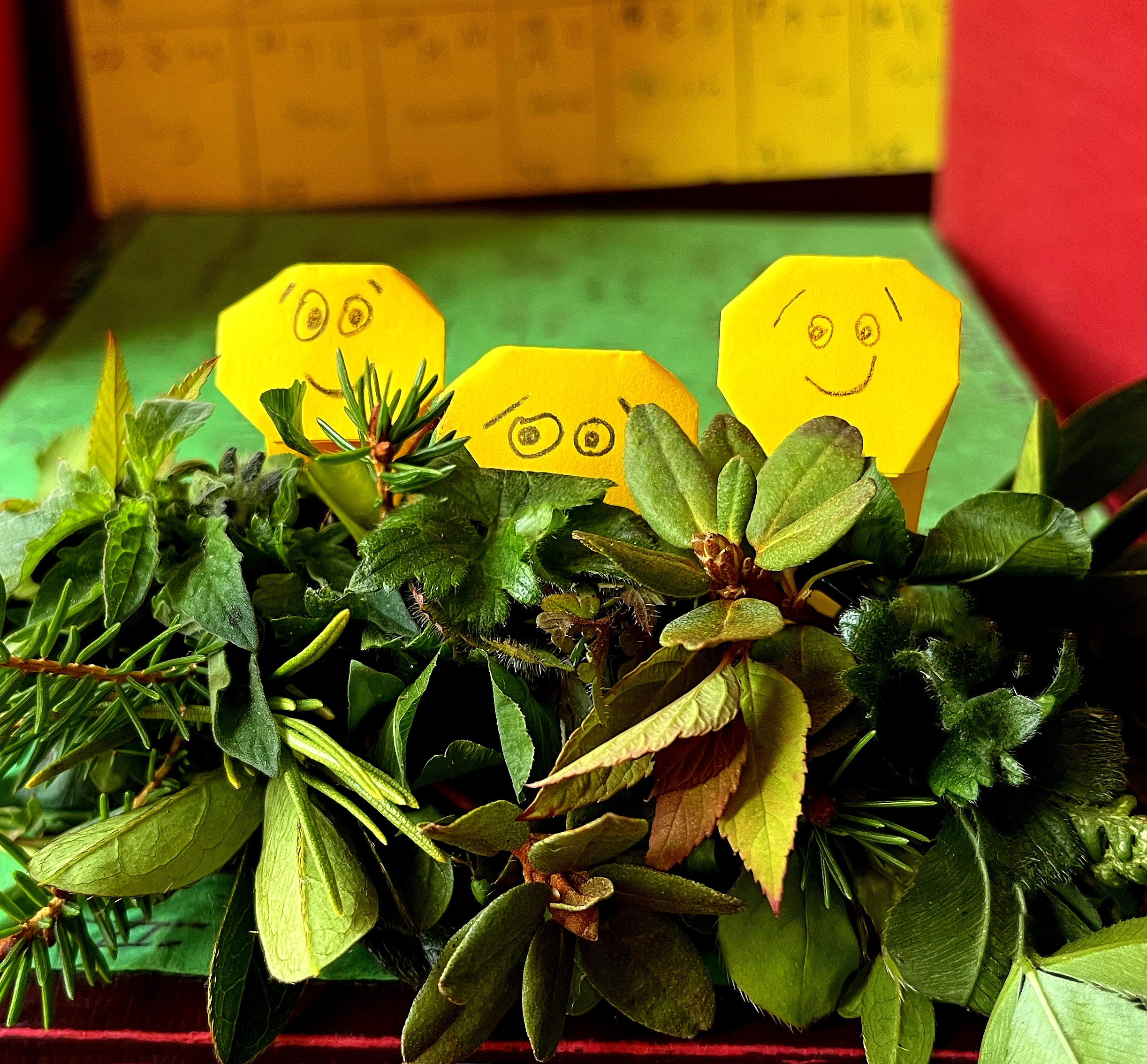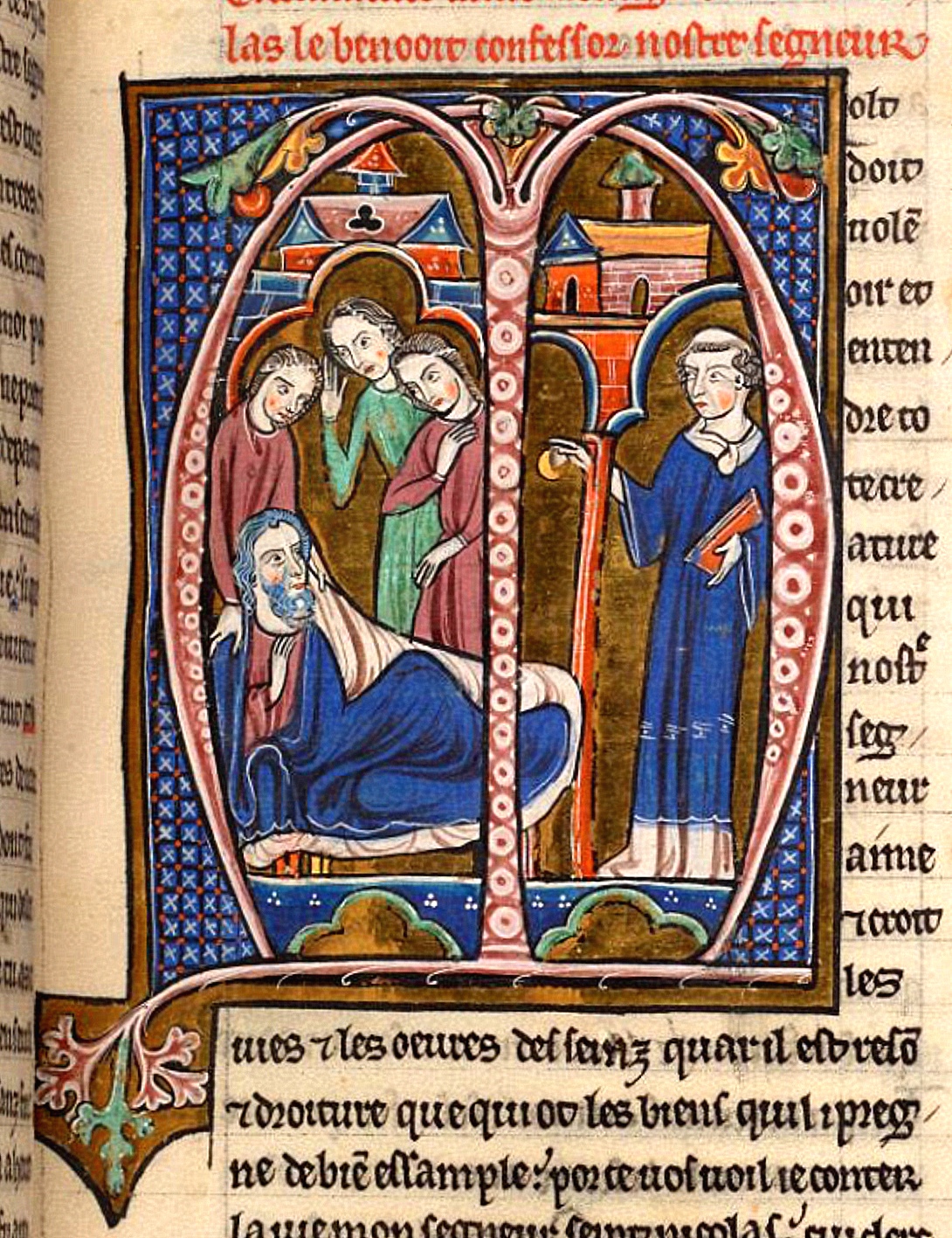 When you line up the Rune Poem stanzas and bend the line back on itself into a long U shape so the runes face each other, you get fourteen pairs. This pair, Ing and Wyn, the eighth, begins the middle half of the poem, moving toward the center which is to say the circumference. I say poem. It is a poem. It is also how people communicated with their gods, how they’d get answers to problems, find out which way the wind is blowing, complain, ask for stuff. Whatever question they might have, the Rune Poem has an answer. It’s an instruction manual for living, presented in matched pairs.
When you line up the Rune Poem stanzas and bend the line back on itself into a long U shape so the runes face each other, you get fourteen pairs. This pair, Ing and Wyn, the eighth, begins the middle half of the poem, moving toward the center which is to say the circumference. I say poem. It is a poem. It is also how people communicated with their gods, how they’d get answers to problems, find out which way the wind is blowing, complain, ask for stuff. Whatever question they might have, the Rune Poem has an answer. It’s an instruction manual for living, presented in matched pairs.
This pair, Wyn and Ing are all about abundance. Linked up together, here we have the god of prosperity who once hung around the market towns, nice fortified byrga, and we have the feeling of joy you get when all your abundance is secure within a fortified town. Where there is a market, there are goods, where there are goods, there are thieves, so build a wall and be happy you did. These are delightful runes, Wyn and Ing! Together this pair is a wyning combination.
Though they are a joyous couple, Wyn and Ing, they can be a bit disruptive. Neither stanza begins with the usual missing-rune-name + byþ (runename is): Ing starts in the past tense and Wyn begins with a suffix, perhaps not coincidentally because Wyn’s partner Ing had already become a suffix by the time of the Rune Poem, but that’s in the past. Also in the past Ing became a father and then a grandfather and then a great grandfather (talk about abundance) to many people, including King Ida who in the year 547 founded the Northumbrian royal line of the Ingui and had the great pleasure of building a burh. This is the singular version of the plural byrga, a walled place to live, like a fortress. King Ida built just the one fortress: Bebban burh or Bebbanburg, now Bamburgh, enclosed first by thick hedges and then by proper walls. That must have made him happy.



